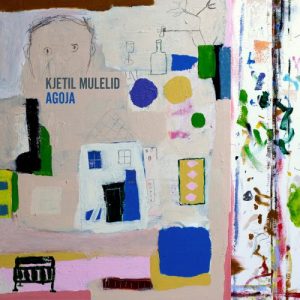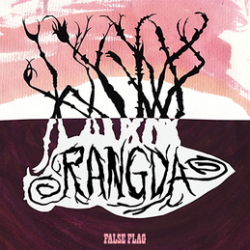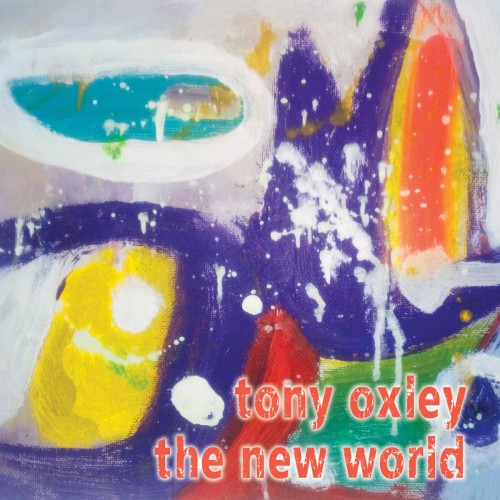 Norwegian pianist Kjetil Mulelid has assembled a number of projects over the years from duos to quartets, all of which find him and his piano working within a fixed line-up.
Norwegian pianist Kjetil Mulelid has assembled a number of projects over the years from duos to quartets, all of which find him and his piano working within a fixed line-up.
For the first album under his own name, a more fluid group of musicians has gathered to flesh out musical expressions that have been approached in a way that highlights the melody and rhythm, but also allows plenty of room for extemporisation. The other lovely thing about the album is that, although it is born of Kjetil’s ideas, he leaves acres of space for his guests often moving into the background to allow the likes of Arve Henriksen, Martin Myhre Olsen and Signe Emmeluth to step forward and lead the way.
The heartbeat rhythm and soft trumpet of opener “Alone” is a great example of doing what is right for the song. The lullaby softness of the piano is more of an underpinning, allowing Arve’s trumpet and Martin’s sax to spread their soft-focus message. They lend a storytelling capacity to the opening which is severed by a discordant breakdown; but the generosity of spirit is undeniable with scope for all to shine, some post-modern horn flourishes striking an unexpected note.It is a group effort that moves in a gentle yet at times unlikely way, with guests changing the mood. Although there were ideas in mind before entering the studio, elements of “Heroes” sound as if they were recorded on the fly, the freewheeling yet melancholic piano causes you to pause and take a breath as directions are changed and the ideas unfold before you. A bass solo is a really welcome change of trajectory and you feel everybody enthusing in the welcoming atmosphere.
The short, Erik Satie-like pause for thought that is “Thousands Of Lost Stories” is as melancholic and complex as the name suggests, while the slow build of “Prayer For Peace” is mournful to the point of hopelessness. A sonorous double bass gently propels while the horns keen gently, searching desperately for something to celebrate, but leaving things unresolved. Andreas Winther‘s drums are a subtle yet essential part of the whole event and along with Bárður Reinert Poulsen‘s double bass are the only continuous elements. “Waiting Song” is redolent with the fragrance of Sasha Berliner‘s vibraphone and with what sounds like an approximation of pedal steel, sends the action to a distant palm tree-covered land. It is imbued with a lightness and an air of warmth which is as ever tempered by a minor chord downturn, accepting the joy but allowing for a hint of reality.Although rhythmically and melodically diverse, Agoja is at heart melancholy. It is dawn music, but seen from a sleepless night; the thoughtful, ululating trumpet of Lyder Røed atones for the vibrancy of the piano on penultimate track “Chapter, Ø” while the album bows out with an opening of the vista on “Kingdom, Slowly Disappearing”. There is a real lightness here that goes some way to resetting the more introverted fare that has passed before, but still sounds part of a cohesive whole.
Having worked this out of his system, will Kjetil return to comfort of the groups or continue in this direction? We wait with anticipation.-Mr Olivetti-



